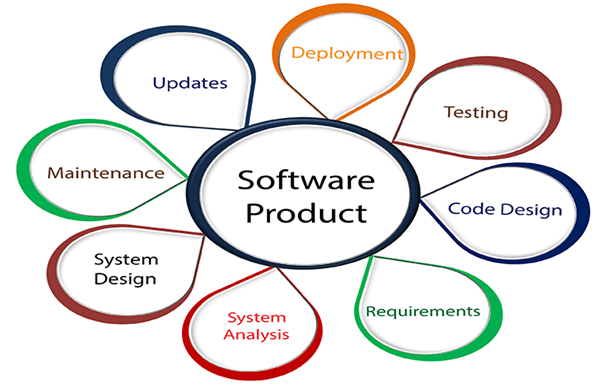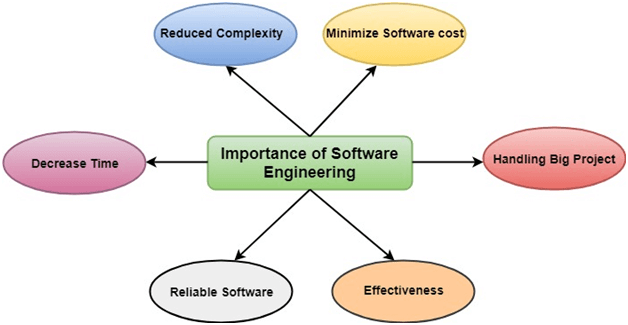Software Engineering?#

Why Software Engineering?#
The importance of Software Engineering arises from various needs:
Managing Complexity#
As software systems grow in size, their complexity becomes unmanageable without the application of structured engineering principles. Software engineering provides methods to decompose large problems into smaller, manageable modules.
Scalability#
Software is ever-evolving. Without an engineering approach, it is easier to write a new software application than to maintain or scale an existing one.
Cost Management#
Though hardware costs have plummeted, software development remains expensive. The methodologies in software engineering aim to manage costs by optimizing the development process and reducing the likelihood of expensive errors.
Dynamic Nature#
The operating environment for software continually changes. Software Engineering methodologies allow for flexibility in accommodating these changes without requiring a complete system overhaul.
Quality Management#
A well-engineered software not only meets current requirements but is also designed to be adaptable for future changes. Principles of software engineering ensure that the software produced is of high quality.
Characteristics of a Good Software Engineer#
Technical Expertise: Knowledge of the project domain and mastery over the required programming languages.
Communication Skills: Ability to articulate ideas clearly in both oral and written forms.
Analytical Thinking: Capacity for logical reasoning and problem-solving.
Teamwork: Ability to work efficiently in a group setting.
Discipline and Motivation: Consistency in performance and the self-motivation to complete tasks.
Importance of Software Engineering#

Reduction of Complexity: Divides big problems into smaller, manageable tasks.
Cost Minimization: Streamlines the software production process, reducing unnecessary labor and resources.
Time Optimization: Saves time by eliminating redundant tasks and focusing on critical path activities.
Project Management: Provides tools for planning, executing, and monitoring large projects efficiently.
Reliability and Effectiveness: Ensures that the software meets quality standards and performs reliably over time.